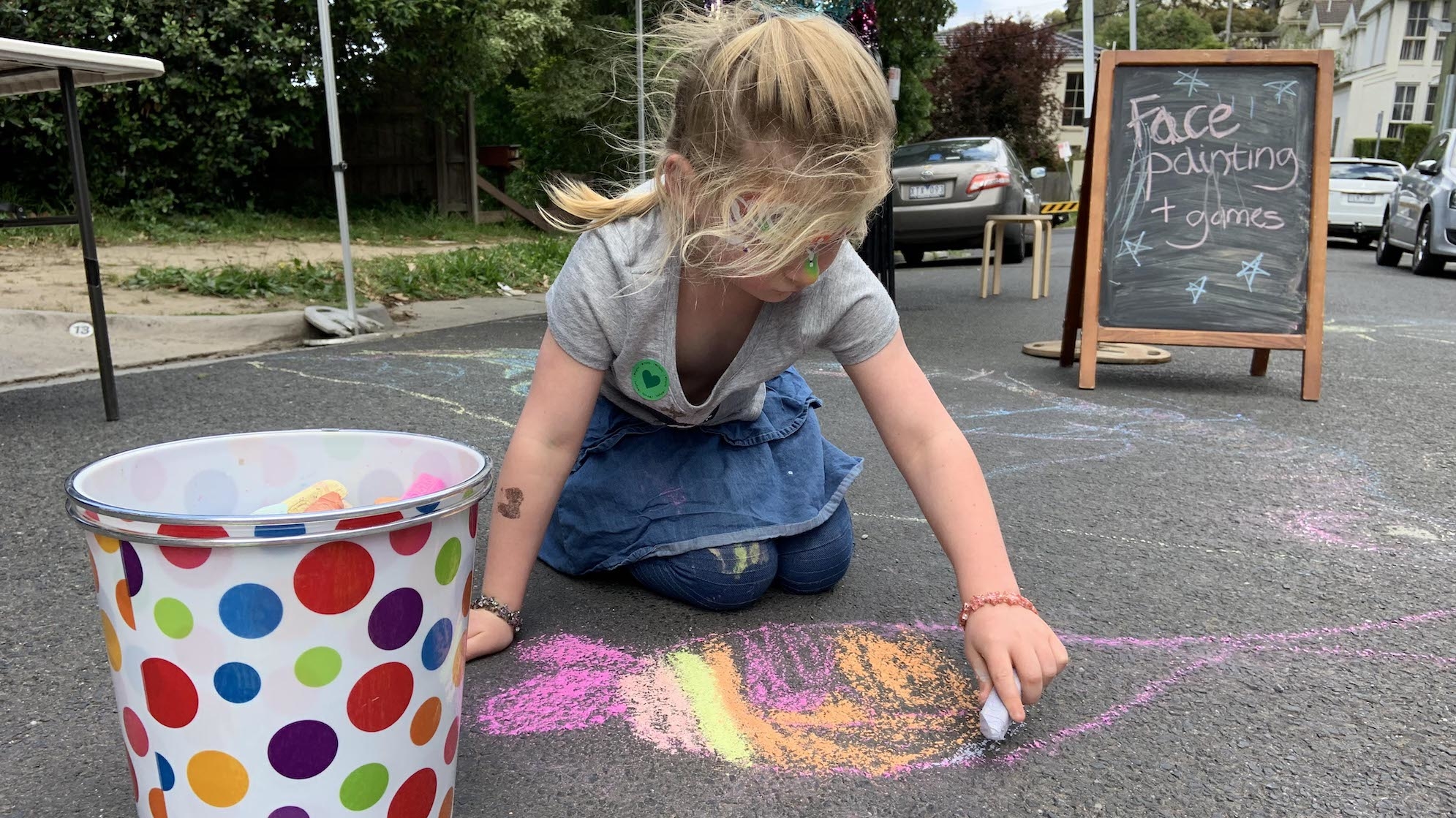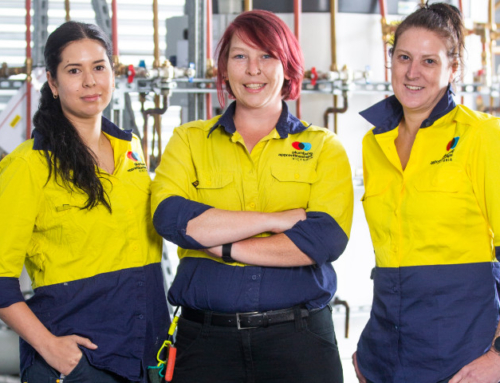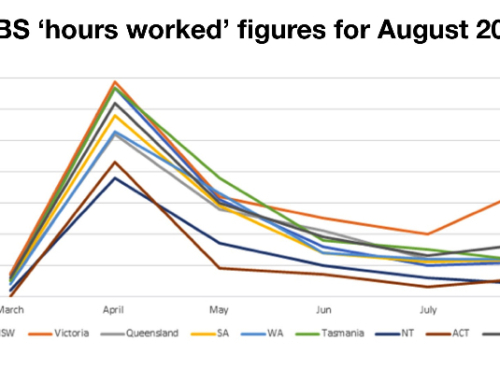
Right in the heart of the COVID-19 emergency, even before Stage Three restrictions were announced by the Premier, Manningham City Council was already considering the aftermath.
As Council entered lockdown while continuing to “provide business as usual, or business as required at that point in time, we were already turning our minds to resilience and recovery,” Manningham CEO Andrew Day says.
Local government’s close relationship with its communities meant it was well placed to handle the crisis. “It’s a real strength of local government that our operating environment is often in emergency management … we’re well trained in it, we practice it and we often have to apply our training, whether it be storms or floods or bushfires.”
Every council has an emergency management plan and Manningham had practiced what to do in the event of a measles outbreak just before the pandemic hit.
“It wasn’t quite COVID-19, but it does demonstrate that local governments are thinking about these kinds of things. The benefit was we didn’t have to create a structure and create communications mechanisms in the middle of a crisis, they already exist.”
Council immediately started to reach out to local community groups, knowing that they would be struggling given their reliance on volunteers to perform vital services.
Volunteer numbers plunge
Many volunteers are aged over 70 and are in the highest risk age-range for COVID-19. The number of those volunteering in Manningham plunged because people had to protect themselves by remaining isolated, potentially leaving a lot of essential community support work undone.
The solution saw some Council staff reassigned to roles usually filled by volunteers, while Council also made a key role change that would aid in the recovery phase.
A member of the management team was reassigned to the temporary role of Community Resilience Manager reporting to the CEO and on the Executive to help council to look beyond the pandemic. It ensured Manningham could swiftly get moving on local, state and federal government initiatives for the benefit of the community.
Council’s strong local connections also meant that when the pandemic hit, it was easy for local organisations to reach out for help.
For instance, one Sunday afternoon early in the crisis, Simon Lewis, the CEO of Onemda – a Doncaster East based centre for learning and therapeutic development for people with a disability – phoned Manningham CEO Andrew Day seeking Council help in managing groups for people with high level intellectual and physical disabilities.
“They needed space to continue their programs in a way that complied with social distancing. Within a few days we were able to open up community facilities that ordinarily would have been used for meetings and dance groups,” Mr Day said.
Community relief package
Like most councils, Manningham also provided a community relief package, in Manningham’s case worth $3.8 million.
“It was better to give immediate relief to those we knew would be struggling financially, so we provided financial hardship relief in relation to fees and charges and rates,” Mr Day said.
$1m was also allocated to a COVID relief program, providing extra support to groups that Manningham already engaged with that were providing food packages, health, mental health and wellbeing support.
“We had that localised intelligence and the local connections to inform Council’s design of the best way to roll out relief mechanisms into the community,” Mr Day said.
Clear, consistent messaging
Manningham was also conscious of the danger of mixed messages hampering the COVID response.
“There was plenty of ideas and advice flying around about what you needed to do. You tend to forget, given what we now know, but early on everyone had a theory and we were conscious that the messaging that went out to our community was consistent.”
Manningham ensured that its Manningham Connect call centre service, website, communications and social media was consistent with the advice from the Victorian Chief Medical Officer and the Premier.
The hours of the call centre were also changed to meet the needs of the community. This helped accommodate more than 20,000 calls in February and March, an increase of around 2300 from the same period last year and largely attributable to the community seeking information on COVID-19 services and information.
“We moved it from a five-day service to a seven-day service for a period of time because we didn’t want to flip across to an after-hours service that may not have been able to provide a localised service and the sort of information our trained staff could provide.”
“We started that service in March and it was well received. Providing the service ourselves assured us there wasn’t any mixed messaging,” Mr Day said.
The long-term effects
Now the attention of Manningham with relation to COVID-19 is looking years into the future.
“We know from bushfires that these crises have lingering effects. People from a bushfire affected community will tell you two-three years on that it still affects their community.
“I can’t see why this particular crisis won’t have a similarly long tail from a health and wellbeing perspective and I’m not sure we, as a community, have contemplated that just yet.”






